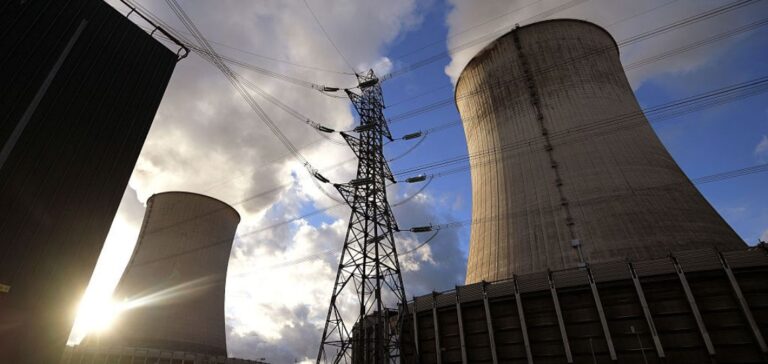Enel has announced a partnership with clean nuclear technology company new cleo to explore Generation IV nuclear technology projects. The goal of this partnership is to provide a safe and stable source of energy, as well as to significantly reduce the existing volumes of radioactive waste used as reactor fuel.
A win-win collaboration
Under the cooperation agreement, Enel and new cleo will collaborate on projects related to this advanced nuclear technology. Enel will provide specialized expertise and share some of its qualified personnel with the new cleo company. In return, new cleo is committed to obtaining an option for Enel as the first investor in its first nuclear power plant, which it will build outside Italy.
Francesco Starace, CEO of Enel, emphasized the importance of innovation for the development of technologies capable of guaranteeing clean, reliable, affordable energy that is independent of geopolitical factors. He also praised the collaboration with new cleo as an example of the tireless pursuit of the best companies to achieve a clean future.
Stefano Buono, CEO of new cleo, welcomed the partnership with Enel, one of the first energy companies to support the company’s sustainable strategy. According to him, the new cleo fast reactor technology is the necessary step in the nuclear industry to allow multiple recycling of the already mined uranium and a massive reduction of nuclear waste. In addition, the use of lead opens up the possibility of safer and less expensive reactor operation.
A promising project
New cleo is working to provide innovative reactors that significantly reduce existing volumes of radioactive waste and plutonium. The first step in its new roadmap will be the design and construction of a first 30 MWe Mini LFR (Lead Fast Reactor), to be deployed in France by 2030. A 200 MWe commercial unit in the UK will soon follow. At the same time, New Cleo will invest directly in a MOX plant (mixed uranium/plutonium oxide, made from existing nuclear waste) to fuel its reactors.






















